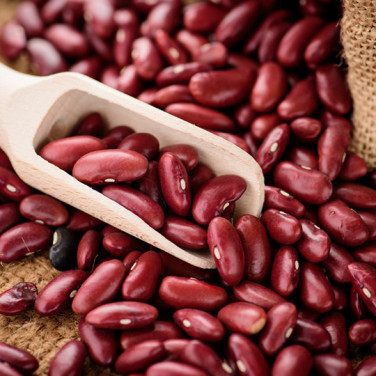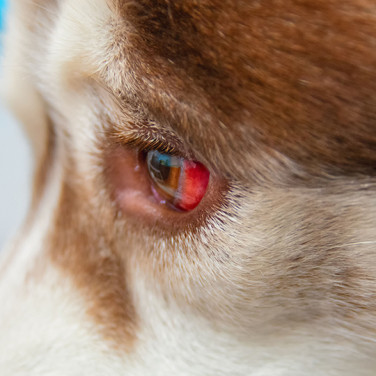FOOD
Can Dogs Eat Mangosteen? Benefits and Risks of Mangosteen for Dogs
페이지 정보
본문
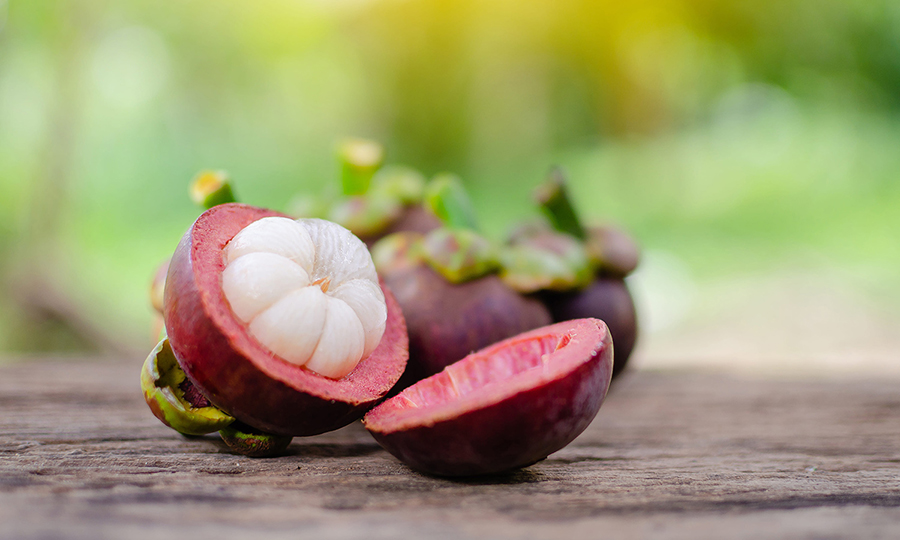
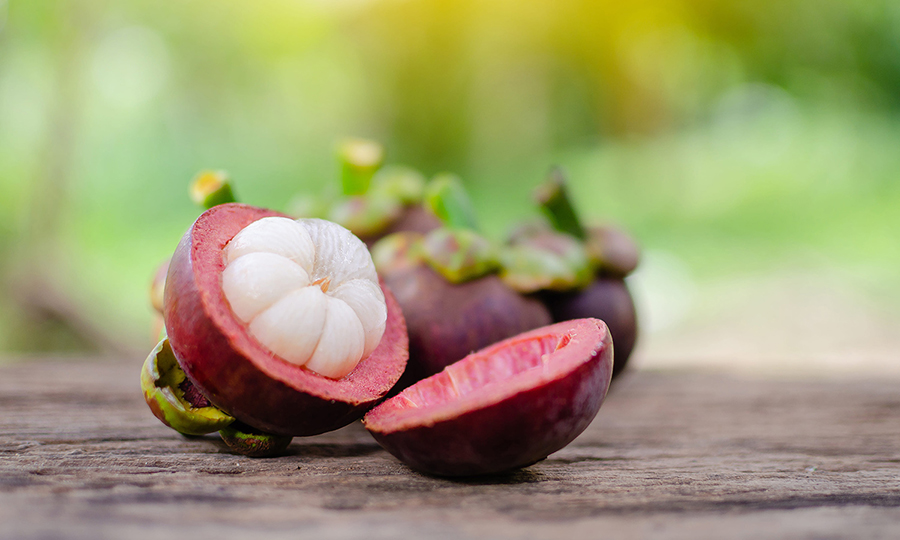
Can dogs eat mangosteen? YES!
It is generally safe for dogs to consume mangosteen, a tropical fruit native to Southeast Asia that is known for its sweet taste. When feeding this fruit to your dog, make sure to remove the skin and any seeds before offering it to your pet. As with any new food, it is important to introduce it gradually and in small quantities to check for any potential allergies. Additionally, keep in mind that mangosteen is high in sugar and can cause stomach upset or contribute to weight gain if fed in excess.
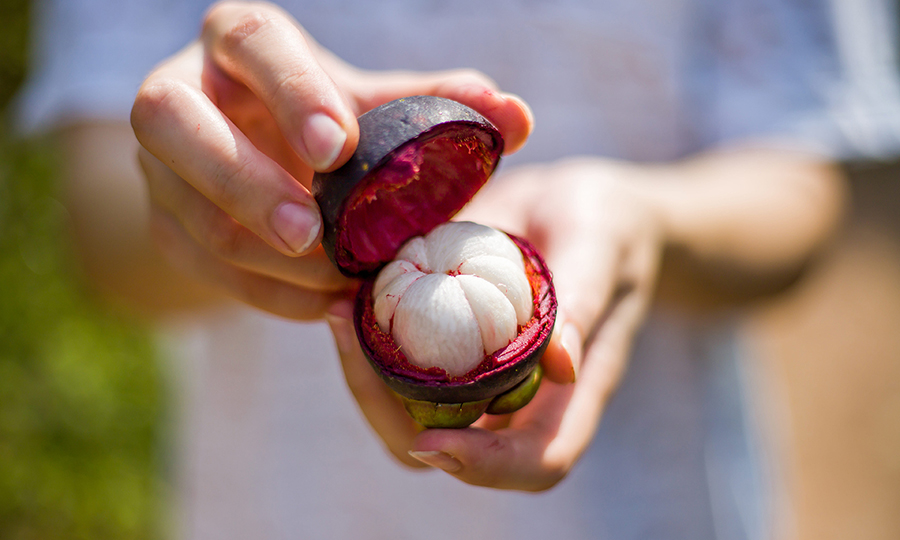
Nutritional facts of mangosteen for dogs
It is highly recommended to incorporate mangosteen into your dog's diet due to its low calorie and high fiber content. Additionally, the presence of vitamins such as vitamin C, B1, B2, and folic acid, as well as minerals such as copper, iron, magnesium, and manganese make it a nutritious choice for supporting your dog's overall health. The antioxidants found in mangosteen can also be beneficial for your dog.
Main nutritional benefits of mangosteen for dogs
-
Fiber
- Fiber helps your pet's digestive system and helps deal with diarrhea or constipation. High fiber can help with weight management by providing a feeling of fullness.
-
Vitamins
- Vitamin C: Helps your pet's immune system. It is also known to help with cognitive problems due to aging.
- Vitamin B1 (thiamine): plays an important role in energy metabolism and helps with brain and cognitive function.
- Vitamin B2 (riboflavin): Helps dogs grow and maintain a healthy coat.
- Folate: Plays an important role in DNA synthesis and cell production.
-
Minerals
- Copper: Helps in the formation of the body's skeletal system and metabolism of iron.
- Iron: Supports the formation of red blood cells and hemoglobin. Hemoglobins carry oxygen throughout the body and generate energy.
- Magnesium: Needed for muscle and bone development and for absorbing calcium from your dog's body. It helps promote muscle and nerve function and energy transfer to the body.
- Manganese: Helps in energy production and metabolic activity, as well as maintaining healthy ligaments and tendons.
-
Antioxidants
Mangosteen's antioxidants, called xanthones, help promote healthy skin, hair, and immunity.
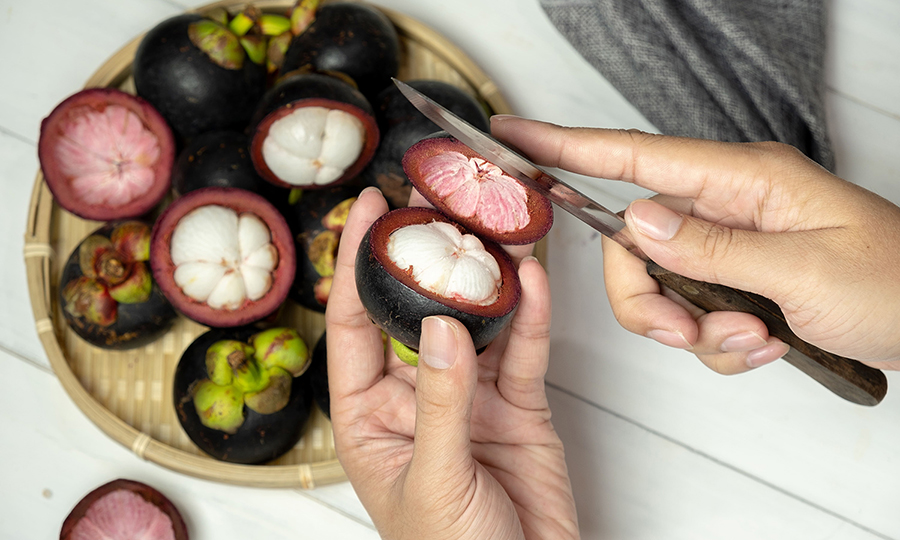
How to safely serve mangosteen to your dog
It is important to ensure that only the mangosteen flesh is fed to dogs with the skin and seeds removed. The white flesh, which is typically divided into 4 to 8 sections, can be found once the rind is removed. It is essential to check for the presence of seeds within the flesh, as they can cause health issues for dogs. If you are introducing exotic tropical fruits to a dog for the first time, it is recommended to cut a small piece and feed first to check for allergic reactions or digestive issues such as vomiting and diarrhea.
How much mangosteen should I feed my dog?
It is recommended that all treats be within 10% of the recommended daily calorie intake. Mangosteen has a lot of sugar, so it is important to feed it in moderation. For small dogs, 1/2 a piece of mangosteen flesh, for medium-sized dogs, 1 piece, and for large dogs, 1-2 pieces is appropriate.
Cautions to consider when feeding mangosteen to dogs
High sugar content can risk gastrointestinal disorders in dogs
Stomach upset symptoms such as diarrhea, vomiting, and loss of appetite can occur if a dog consumes too much mangosteen in one sitting due to its high sugar content. It is also recommended to avoid giving mangosteen to dogs with sensitive stomachs.
Avoid feeding mangosteen to dogs with diabetes or who are overweight
If a dog is overweight or has diabetes, it is not recommended to feed them mangosteen due to its high sugar content. Consuming this fruit can lead to further weight gain and can potentially affect blood sugar levels in individuals with diabetes.
Mangosteen skin and seeds are dangerous to dogs
The tough rind of mangosteen can cause digestive issues in dogs if ingested. In addition, the seeds of this fruit are not only toxic to dogs but can potentially cause blockages in the esophagus or intestine if swallowed improperly.
Can dogs have canned mangosteen?
Fresh fruit is recommended over canned mangosteen. Canned mangosteen can contain higher levels of sugar and potentially harmful other ingredients like preservatives. If you are considering giving your dog processed food intended for humans, it is important to check the label for safety.
Beware of food allergies
When introducing new food to your puppy, it is recommended to test for any potential allergies by giving a small portion and monitoring for allergic reactions. If your puppy displays any symptoms of intolerance, it is important to stop feeding and consult a veterinarian immediately.
Signs of an allergic reaction to look out for:
- Skin problems: hives, facial swelling, itchiness
- Digestive problems: vomiting and diarrhea
- Shortness of breath
Curious if you can give your dog other foods besides mangosteen?

Does your dog also look up at you with those puppy dog eyes whenever you are snacking on something? You know foods like chocolates should not be shared with them but do you search the Internet every time if it’s okay to share a bite of whatever you are eating? The Buddydoc Food Dictionary provides information on hundreds of foods that we consume and informs you whether it is safe for them to consume and the nutritional benefits for your pet. If you're curious about other foods, try searching on Buddydoc!





